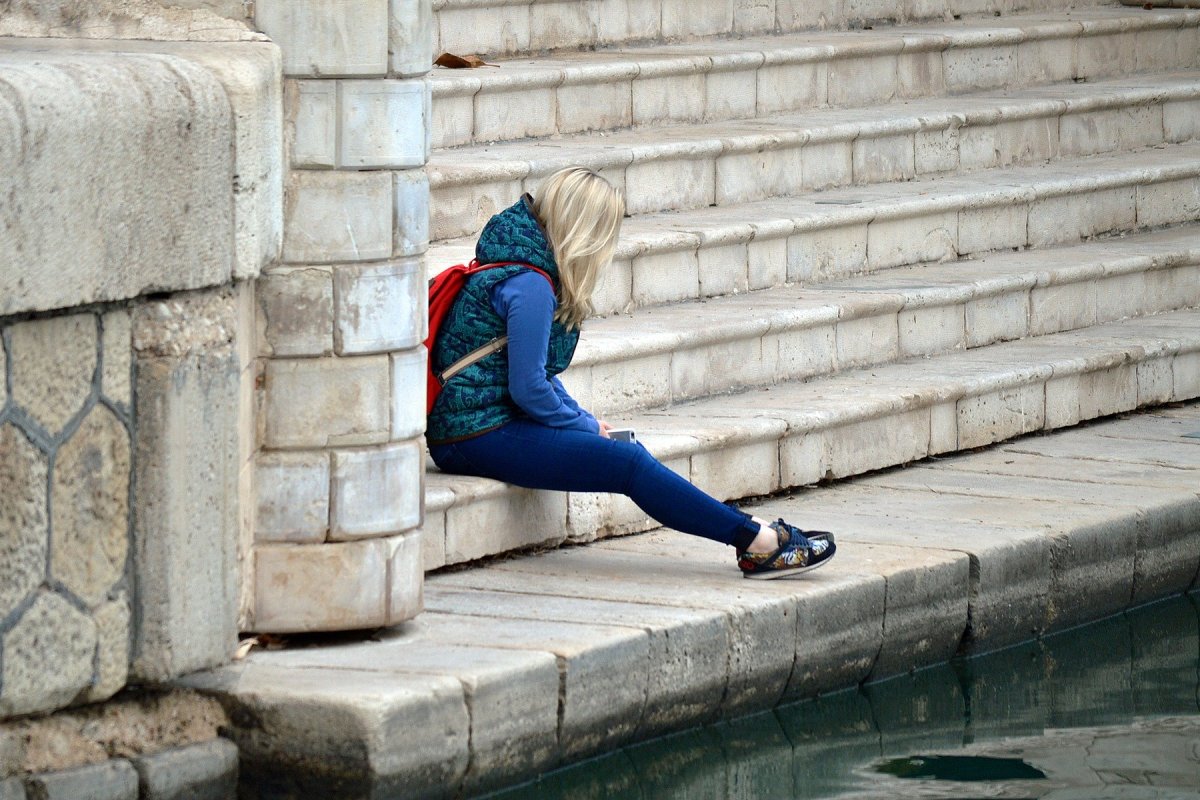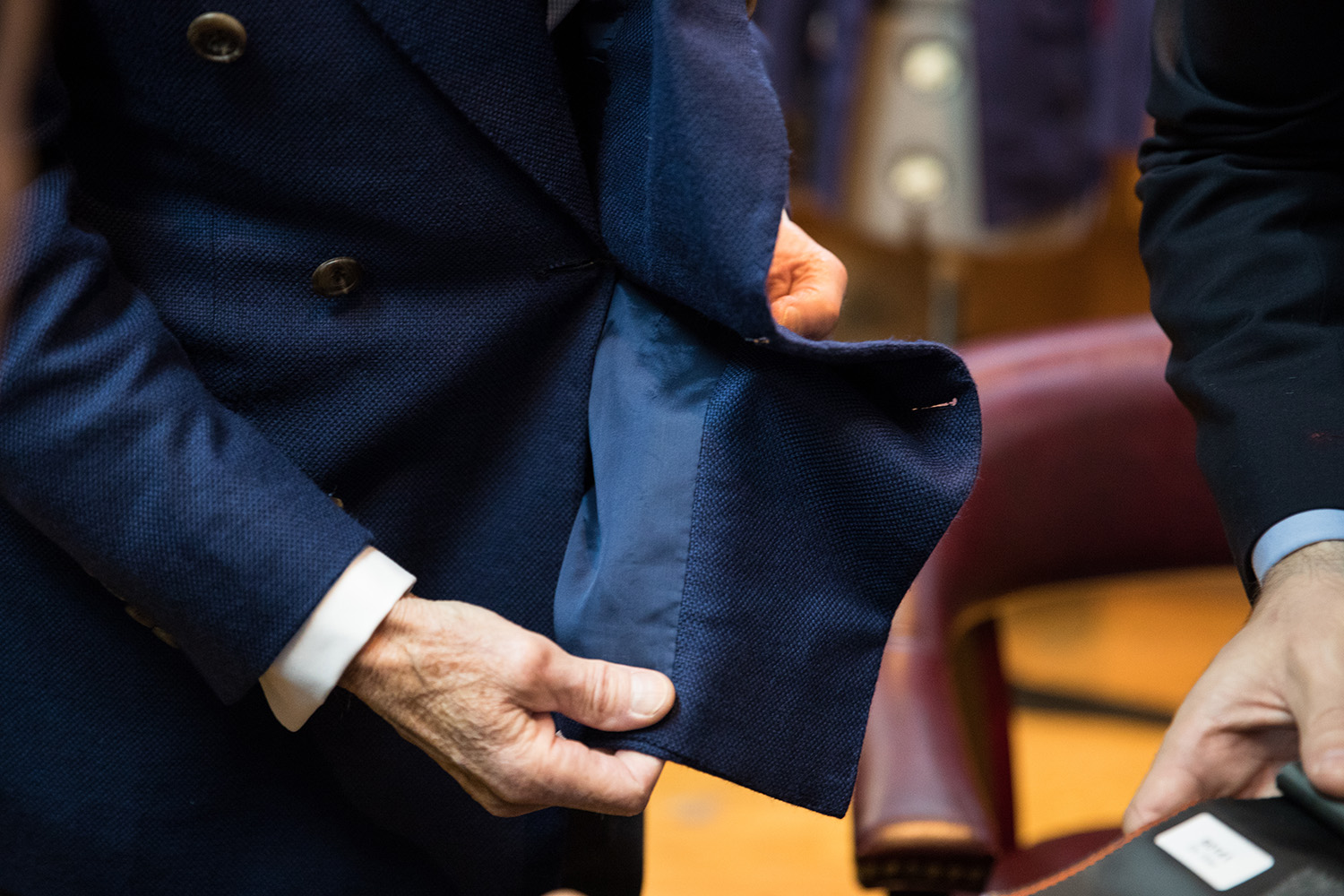Jan. 14 (UPI) — Females who will not healthy feminine stereotypes of glance or identity are perceived as fewer credible when lodging sexual harassment claims, in accordance to a review released Thursday in the Journal of Character and Social Psychology.
To be perceived as stereotypically female, women of all ages in Western societies are predicted to look thinner, “appealing,” youngish and wear female clothes.
In addition to on the lookout the aspect, ladies looking to meet anticipations of stereotypical femininity should also act the section — a enjoy of purchasing and pilates allows, as does a choice for passionate videos above motion films, the researchers give as examples.
“Sexual harassment is pervasive and brings about sizeable hurt, however considerably also a lot of females cannot access fairness, justice and legal security, leaving them susceptible to further more victimization and damage inside of the legal technique,” study co-creator Cheryl Kaiser reported in a news launch.
“Our investigate located that a assert was considered less credible and sexual harassment was perceived to be less psychologically destructive when it targeted a sufferer who was a lot less beautiful or did not act in accordance to the stereotype of a usual girl,” explained Kaiser, a professor of social psychology at the University of Washington.
Sexual harassment is a pervasive issue, and its penalties can persist over and above short-term shame and humiliation.
Victims of sexual harassment are a lot more very likely to disengage at do the job and university, and to working experience declines in mental and actual physical overall health. Experiments have proven sexual harassment is even connected with amplified economic instability.
“Perceiving sexual harassment will involve noticing a habits that could qualify as harassment and linking that habits to gender-primarily based team membership,” claimed examine co-writer Bryn Bandt-Regulation.
“We needed to realize what occurs when the target does not look or act like a stereotypical member of that gender-based mostly team,” reported Bandt-Legislation, a doctoral university student at the University of Washington.
For the study, scientists recruited a few thousand individuals to take into account sexual harassment statements in buy to have an understanding of how a volunteer’s notion of the victim’s femininity affected their sympathies.
In first 5 of the 11 various experiments, volunteers very first study eventualities in which females either did or did not expertise sexual harassment.
Primarily based on their readings, individuals were then asked to identify the extent to which the females fulfilled an idealized picture of gals — either by drawing what they believed the lady could search like or deciding upon from a collection of photographs.
In the following 4 experiments, participants go through ambiguous sexual harassment situations, like a exceptional inquiring about a woman’s intimate situation.
Each and every state of affairs was accompanied by a description of the lady — some conference the criteria of stereotypical femininity, other folks not. The contributors ended up questioned to decide whether or not the eventualities constituted sexual harassment.
“We identified that participants ended up fewer possible to label these ambiguous eventualities as sexual harassment when the targets were being non-stereotypical ladies in contrast with stereotypical women of all ages, even with the truth that both equally stereotypical and non-stereotypical targets knowledgeable the same incident,” reported analyze co-author Jin Goh, an assistant professor of social psychology at Colby Higher education.
In the final two experiments, researchers introduced the exact same eventualities but reversed the descriptions of the gals, from stereotypically feminine to not and vice versa. The participants’ interpretations followed appropriately.
“Our results exhibit that non-stereotypical women of all ages who are sexually harassed may perhaps be susceptible to unjust and discriminatory cure when they find authorized recourse,” said Bandt-Legislation.
“If women’s nonconformity to female stereotypes biases perceptions of their trustworthiness and hurt triggered by harassment, as our outcomes counsel, it could avoid non-stereotypical ladies who are sexually harassed from acquiring the civil rights protections afforded to them by regulation,” she said.



More Stories
How Women Are Redefining Success in 2024
Top Wellness Tips for Busy Women
Fashion Trends Women Should Watch This Year